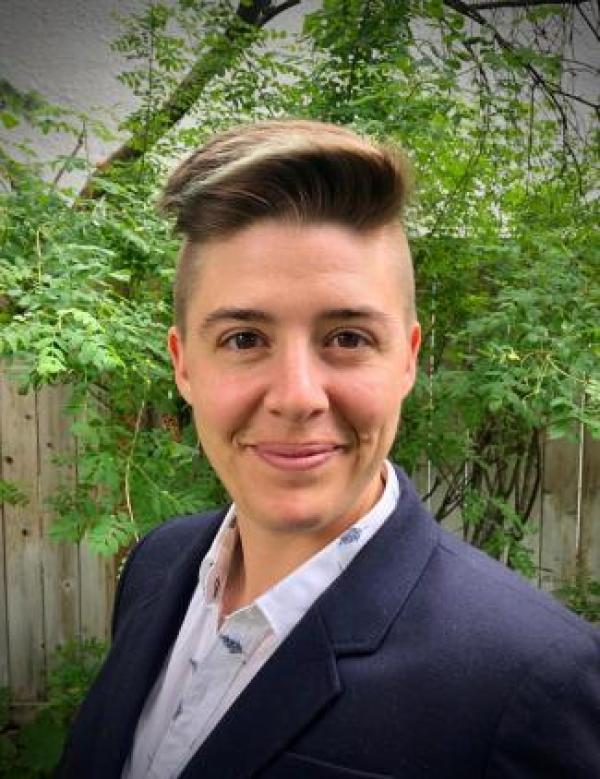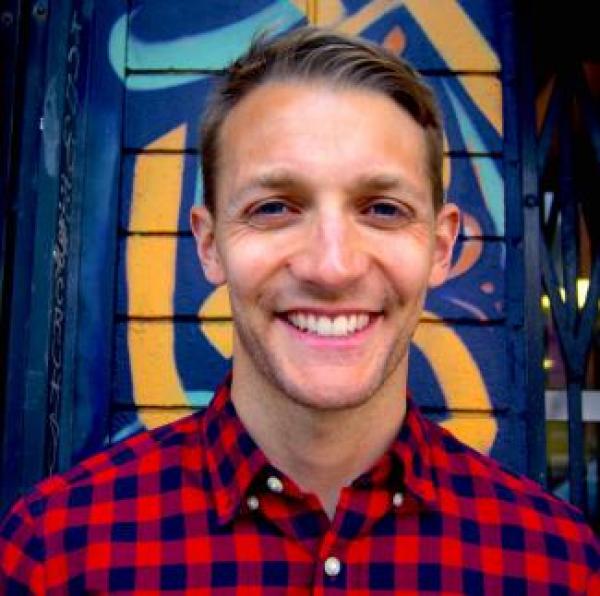

The History Department is thrilled to congratulate Professors Rachel Gross and Cameron Blevins for winning a grant from the National Endowment for the Humanities (NEH) for their project “Recovering Auraria’s Past: Building a Digital Tour of a Displaced Neighborhood and Reckoning with Campus History.” They will be co-PIs on the grant with Professor Michelle Comstock from the CLAS English Department.
Auraria is one of many universities across the country that is being called to account for its institutional heritage as society pursues antiracist and social justice goals with new fervor. In 1965, Denver’s Auraria neighborhood was chosen for one of Denver’s largest Urban Renewal projects. Nine hundred900 individuals from the tight-knit Chicano community that occupied space which held the future for Denver’s higher education were displaced from the area to build the Auraria Higher Education Center, made up of CU Denver, Metropolitan State College (now University) of Denver, and the Community College of Denver. At the time, activists recognized that saving a selection of houses on Ninth Street could serve both commemorative and educational purposes. As a result of that effort, a pleasant block of brightly colored Victorian-era homes has been designated as a Historic District. While the intention was to preserve Historic Ninth Street as a learning laboratory for Auraria students, decades of disengagement and lack of community outreach have led to the narrowing of the neighborhood’s story. Few students learn about their campus’s past, and those who do often focus on a single building (Casa Mayan) and its owner’s history.
“Recovering Auraria’s Past” aims to preserve the memory of the displaced Chicano neighborhood that once lived and thrived on the Auraria campus, reckon with the campus’s complicated Indigenous past, and provide students with an opportunity to gain experience in applied public history. The project will help disperse existing work and further build on the histories of the campus in service to fellow instructors across the campus, descendants of displaced Aurarians - as the former residents of the campus and their descendants are known - and indigenous communities who rely on the research’s accessibility, as well as students.
The project aims to create three interrelated activities that together will mark the 50th anniversary of the campus. These include a curriculum collection project that will gather and make accessible the existing teaching materials on the campus’s past from a variety of disciplinary perspectives, a reading group and speaker series aimed at engaging faculty and students in self-reflection on the role of CU Denver in the city, and the creation of a digital walking tour of the campus that will remain accessible after the events of the three-year initiative are completed.
We wish Professors Gross, Blevins, and Comstock all the best as they move forward with this greatly significant project and look forward to seeing how their work gives new life to the displaced Aurarian neighborhood for future generations of students and faculty.
